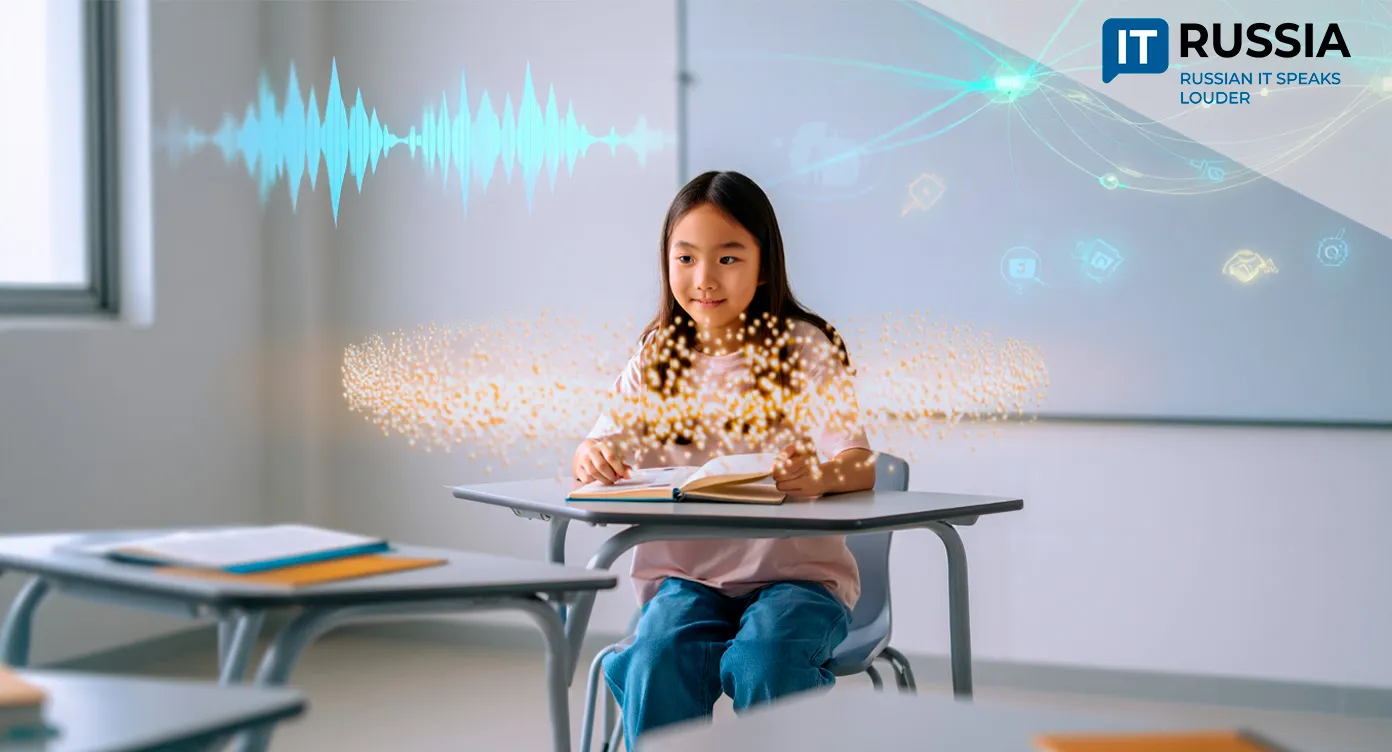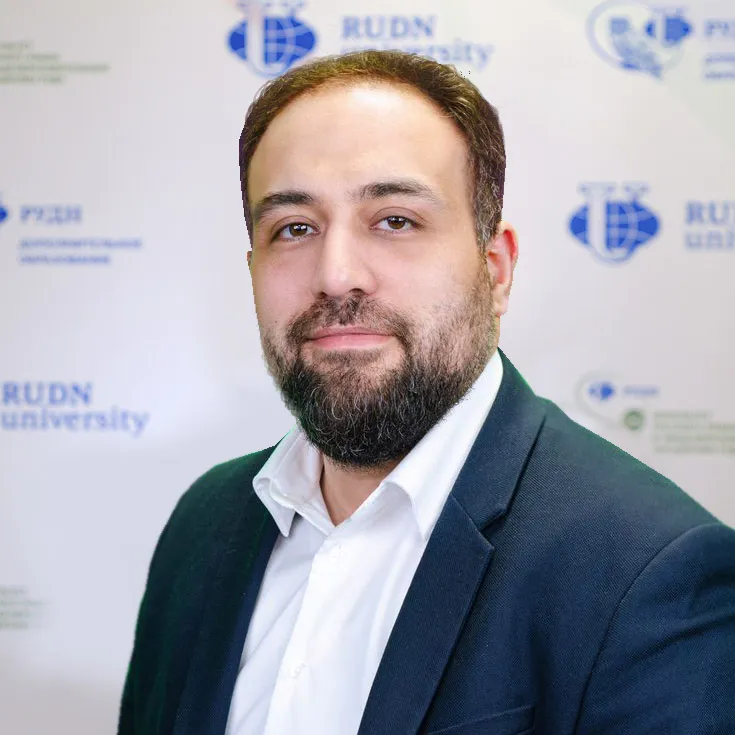AI Becomes a Russian Language Tutor for International Students
At the Peoples’ Friendship University of Russia (RUDN University), researchers have developed a specialized AI model designed to teach Russian as a foreign language. What makes international students so eager to learn from this digital instructor?

Learning the Language of Turgenev
“The great, mighty, truthful, and free” — that’s how Ivan Turgenev once described the Russian language. Mastering such a rich and nuanced language has never been easy, which is why the debut of an AI-powered Russian tutor at RUDN University has drawn major attention.
“Our system analyzes a student’s speech and builds a personalized learning track,” explains Rezaian Naim, Head of the AI Laboratory at RUDN. “It offers exercises to help learners practice sounds, syllables, and words that are difficult for them, as well as simulated dialogue sessions.”

The course was successfully tested in 2024, when over 7,000 international students participated through RUDN’s digital preparatory faculty. The result was faster mastery of Russian phonetics, and the system has now entered full-scale deployment.
From the Classroom to a Virtual Café
The AI tutor developed at RUDN clearly has potential beyond the university’s walls. In Russia, it could become a key tool in adaptation programs for foreigners, remote education, and integration into the digital ecosystem of universities.
Future iterations may turn routine drills into immersive experiences. For instance, with augmented reality glasses, students could find themselves in a virtual café or laboratory, practicing conversation in lifelike scenarios. For aspiring scientists or engineers, the system can tailor lessons to include professional terminology.
Eventually, the algorithm could become a ‘digital ambassador’ for the Russian language abroad — ready to be adopted by universities, language schools, and cultural centers worldwide. The main challenges now are teaching the system to recognize speakers of diverse linguistic backgrounds, ensuring strong data privacy, and proving its competitiveness on the global stage.

Privet, Rossiya! — A Growing Trend in Russian EdTech
Russian developers are rapidly advancing the fusion of AI and language learning. In 2024, the company Nintegra launched an AI tool to assess students’ essays, and in 2025, Tomsk State University introduced an online platform for international students to begin learning Russian before arriving in the country.
“It’s crucial not only to promote Russian abroad but also to educate migrants arriving here,” says Mikhail Shepel, Director of the Institute for Distance Education at Tomsk State University. “We plan to translate the platform into 11 languages and integrate AI tools for evaluating spoken language skills.”

That same year, the mobile simulator ‘Privet, Rossiya!’ appeared, focusing on real-world conversations and multimedia engagement. Even student teams joined the movement — a group from Belgorod proposed their own AI tutor concept and received funding to develop it. At the same time, academic research on AI-assisted Russian language education has surged between 2024 and 2025. The RUDN project exemplifies this momentum: artificial intelligence is not only transforming language instruction but also expanding access to Russian culture worldwide.
Speaking Russian, One Algorithm at a Time
The AI tutor from RUDN arrived at just the right moment — responding to the growing influx of international students and the need for effective digital education tools.
It’s also a practical demonstration of how Russian AI research is achieving tangible results and contributing to national self-sufficiency in education technology. Ultimately, the project’s success extends beyond tutoring. It strengthens Russia’s AI ecosystem, reinforces its position on the global EdTech map, and enhances cultural influence through its greatest soft-power instrument — the Russian language.










































